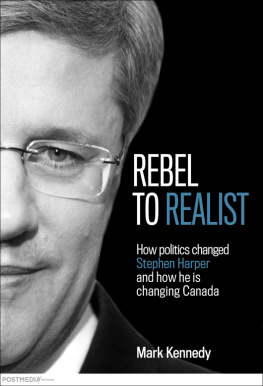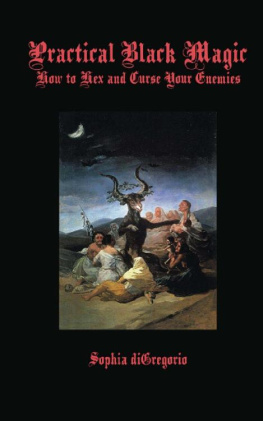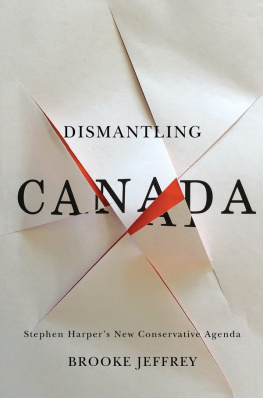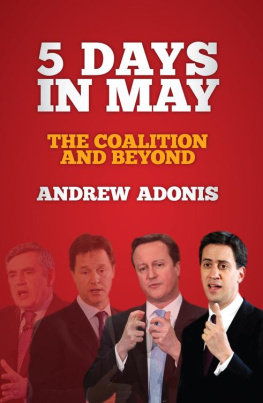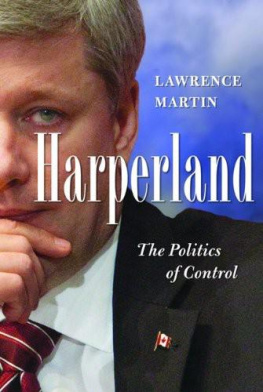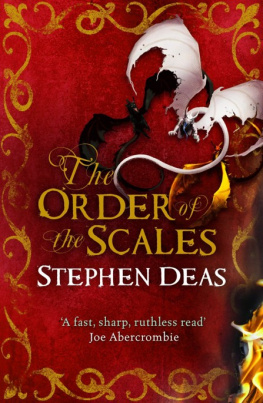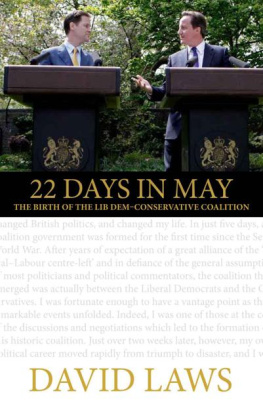
Harperland
Also by Lawrence Martin
Iron Man: The Defiant Reign of Jean Chrtien
Chrtien: The Will to Win
Harry Thode (co-author)
The Antagonist: Lucien Bouchard and the Politics of Delusion
Mario: A Biography of Mario Lemieux
The Red Machine: The Soviet Quest to Dominate Canadas Game Behind the Red Line: An American Hockey Player in Russia
(co-author)
Breaking with History: The Gorbachev Revolution
Pledge of Allegiance
The Presidents and the Prime Ministers
LAWRENCE
MARTIN
Harperland
The Politics
of Control

VIKING CANADA
Published by the Penguin Group
Penguin Group (Canada), 90 Eglinton avenue East, Suite 700,
Toronto, Ontario, Canada M4P 2Y3
(a division of Pearson Canada Inc.)
Penguin Group (USA) Inc., 375 Hudson Street, New York, New York 10014, U.S.A.
Penguin Books Ltd, 80 Strand, London WC2R 0RL, England
Penguin Ireland, 25 St Stephens Green, Dublin 2, Ireland (a division of Penguin Books Ltd)
Penguin Group (Australia), 250 Camberwell Road, Camberwell, Victoria 3124, Australia
(a division of Pearson Australia Group Pty Ltd)
Penguin Books India Pvt Ltd, 11 Community Centre, Panchsheel Park,
New Delhi 110 017, India
Penguin Group (NZ), 67 Apollo Drive, Rosedale, North Shore 0745, Auckland, New Zealand
(a division of Pearson New Zealand Ltd)
Penguin Books (South Africa) (Pty) Ltd, 24 Sturdee Avenue, Rosebank,
Johannesburg 2196, South Africa
Penguin Books Ltd, Registered Offices: 80 Strand, London WC2R 0RL, England
First published 2010
1 2 3 4 5 6 7 8 9 10
Copyright Lawrence Martin, 2010
All rights reserved. Without limiting the rights under copyright reserved above, no part of this publication may be reproduced, stored in or introduced into a retrieval system, or transmitted in any form or by any means (electronic, mechanical, photocopying, recording or otherwise), without the prior written permission of both the copyright owner and the above publisher of this book.
Manufactured in the U.S.A.
LIBRARY AND ARCHIVES CANADA CATALOGUING IN PUBLICATION
Martin, Lawrence, 1947
Harperland : the politics of control / Lawrence Martin.
ISBN 978-0-670-06517-2
1. Harper, Stephen, 1959-. 2. Executive power--Canada.
3. Canada--Politics and government--2006-. I. Title.
FC640.M27 2010 971.07'3 C2010-903065
Visit the Penguin Group (Canada) website at www.penguin.ca
Special and corporate bulk purchase rates available; please see
www.penguin.ca/corporatesales or call 1-800-810-3104, ext. 2477 or 2474
In memory of Alfred Martin
The father of the team
19142004
A U T H O R S N O T E
S tephen Harper could be gone in a few months or he could be prime minister for another ten or fifteen years. While its obviously better to view the record when his stewardship is completed, he is too important a force to await the final reckoning before putting pen to book. In four and a half years his impact on the country has been profound.
With Harperland I wanted to chronicle the events of these yearsto bring the story together so as to provide readers with a better overview than they might get from the episodic renderings of the daily press. A major focus of the book is on the exercise of powerthe politics of control, as the subtitle says. In just a few years, Stephen Harper came to amass executive power and dominate Ottawa in a way few, if any, other prime ministers have. Much of my research has concentrated on the work of the prime ministers office, the lead players there, because this, not cabinet , is where the critical decisions were and are made.
The PMO players are largely unknown to the public because most of them are off limits to the media. For this book, many who worked in the PMO in Harpers first two or three years gave on-the-record interviews while some spoke on background.
While the book delves into policy developments, exploring the thinking behind initiatives, any comprehensive policy analysis for the Harper years must await further studies. Issues like the economy, Afghanistan, the environment, and foreign policy merit books on their own.
One of the most controversial aspects of the Harper story involves his authoritarian methods. As a journalist during Jean Chrtiens years in power, i spent a good deal of timemuch to the delight of Conservativesexploring abuse of power under the Liberals. That experience has helped shape my perspective in assessing what the Harper Conservatives have done in this regard.
I wish to thank all those who provided their time for interviews and any other assistance for this book. My thanks also to the staff at Penguin, in particular non-fiction editor Diane Turbide and editors Karen Alliston and Janice Weaver. Huge thanks to my wife Maureen for her unflagging good cheer in abiding the twelve-hour work days and to our spectacular daughters Katie and Kristina for their support from afar. My time spent covering Parliament Hill as a Globe and Mail columnist was obviously very helpful in writing the book and i am grateful to the editors of the paper for their toleration of my labours.
Mistakes, authors like to say, are inevitable. They shouldnt be, but its a convenient rationale. I hope I wasnt taken for a ride too many times and that in pulling together some of the strands of the story of the last four years, the public will have a better idea of how our democracy is evolving and devolving.
Lawrence Martin
Ottawa, August 2010
CHAPTER ONE
A Different Conservative
T onight, my friends, our great country has voted for change.
The first words from Stephen Harper on election night 2006 were spoken with an exuberance not common to him. His customary blank look, which hid a resourceful intellect, was gone. His melancholy eyes turned luminous for the moment. Never one for lofty rhetoric, he stuck to a banal message, the clich frequently trotted out by election victors: Change, my friends, its all about change. In this case however they were words that Canadians would have been well advised to heed.
On this day, while there was no palpable sense of a dramatic turn, voters had conferred power on a decidedly different party, a substantively different man, a long-excluded region. In making Stephen Harper Canadas twenty-second prime minister, they had ventured arguably for the first time in their historyoutside the mainstream, beyond the broad middle of the political spectrum where the countrys consensus resided.
They were gambling on a leader from the conservative hardlands, one who had been a founding member of a party, Reform, that not so long before was seen as a threat to the Canadian way. Third parties, whether on the left or the right, had been around through most of the nations history, but Canadians, a cautious lot in selecting their governments, had always kept them on the periphery of power.
Harper had been made well aware of this during his time at Reform and as leader of its successor formation, the Alliance Party. These parties had the imagean image that stirred the wrath of Harperof being home to counterclockwise thinkers who could use some central Canadian sophistication. Voters east of Manitoba flatly rejected them.
But he found a way around the barrier. In December 2003, his Alliance Party amalgamated with the more traditional Progressive Conservatives, giving it credibility as part of a big-tent political formation.
Next page

